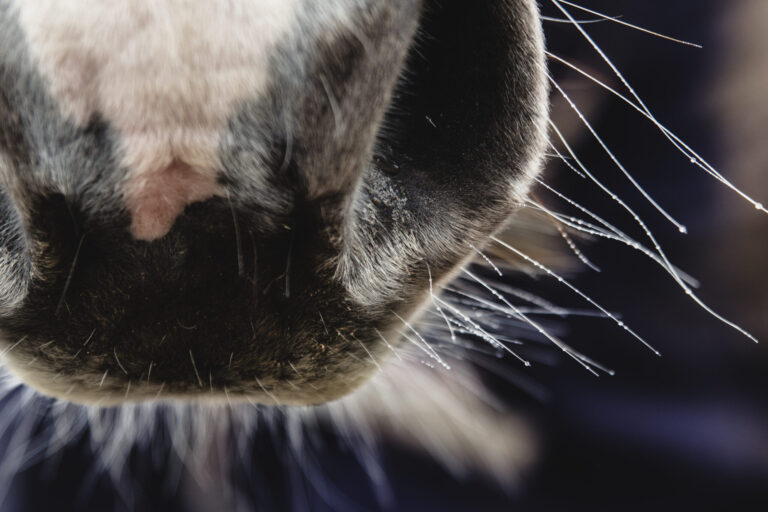
Researchers at the University of California, Davis, recently published a summary of ongoing research looking at squamous cell carcinoma of the horse’s eye.
“Squamous cell carcinoma (SCC) is the most common cancer of the equine eye and the second-most-common tumor of the horse overall,” note the UC Davis publication. “SCC frequently originates on the third eyelid or the limbus (where the clear cornea meets the white sclera) and can grow quickly to invade the eye and adjacent structures, leading to vision loss and destruction of the eye.”
Recent research was reported in the International Journal of Genomics 2019 Sept; 3610965. The article was titled, “Investigating genetic risk loci for ocular squamous cell carcinoma in horses” and was authored by Rebecca R. Bellone, PhD; Mary E. Lassaline, DVM, PhD; and Kelly E. Knickelbein, VMD.
Researchers found that “a mutation in a DNA ultraviolet radiation repair enzyme (DDB2) was previously identified as associated with increased risk for ocular SCC development in the Haflinger and Belgian breeds, although not all affected horses could be explained by this mutation.
“The objective of this study was to identify additional DNA mutations for association with ocular SCC in Haflinger and Belgian horses. Investigating the previously associated locus did not identify another variant more strongly associated with ocular SCC in Haflingers or Belgians than the one identified previously in DDB2. When taking the DDB2 risk variant genotype into account, statistical analysis supported a variant located on horse chromosome 6 as a second risk factor for ocular SCC in both Belgian and Haflinger horses (P=2.75 X10-4). This variant is a missense variant in a gene involved in the same UV damage DNA repair process as DDB2.”
How This Research Benefits Horses
The UC Davis publication noted that, “This work has advanced our understanding of the genetic risk for ocular squamous cell carcinoma in horses. These data further support the use of genetic testing for the DDB2 variant in Haflinger and Belgian breeds. Testing for this variant can inform management and breeding decisions. This study also identified an additional genetic risk factor that could be utilized in DNA testing to develop the most robust ocular SCC risk assessment in these two breeds. Functional studies are needed to confirm the role of this variant in cancer.”
For more UC Davis research reviews visit their website.









